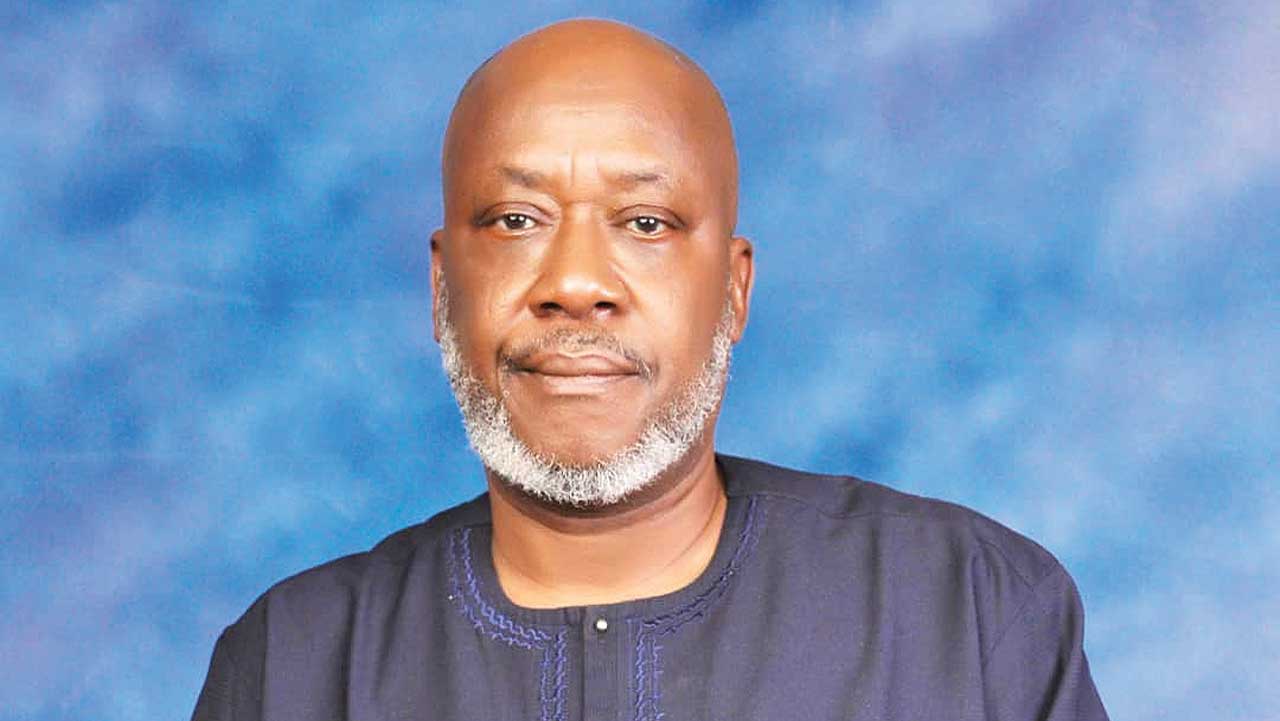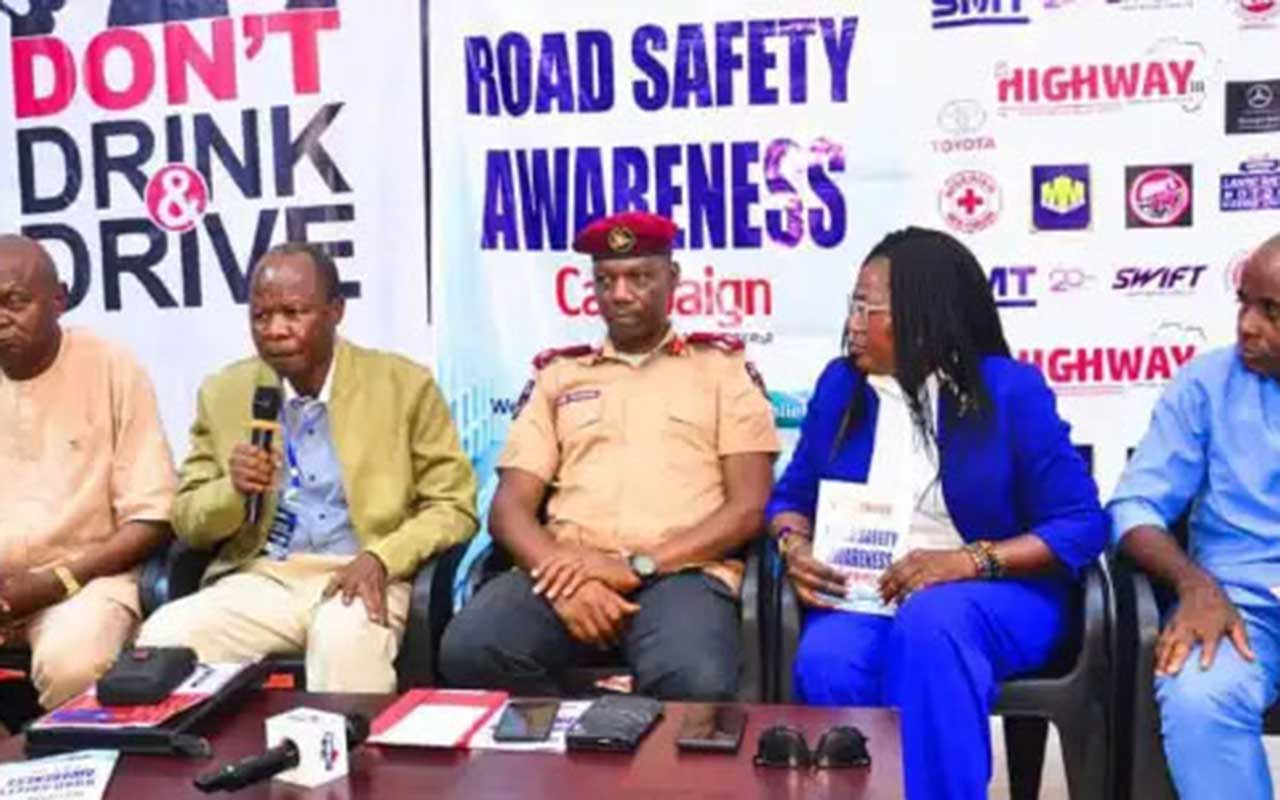A renewed and urgent call for strategic investment in local content development echoed throughout the second edition of the Nigeria Auto Industry Summit (NAISU), held in Lagos under the theme, ‘Nigeria First: Local Content as Catalyst for Automotive Economy’.
The summit, organised by the Nigeria Auto Journalists Association (NAJA) in partnership with the National Automotive Design and Development Council (NADDC), convened top government officials, industry regulators, manufacturers, financiers and development partners to chart a sustainable path for the Nigerian automotive sector.
NAJA Chairman, Theodore Opara, set the tone for deliberation, saying: “If Nigeria must industrialise, the auto sector must lead. If the auto sector must thrive, local content must be the engine.”
He criticised the industry’s overreliance on imports for fully built vehicles and components such as tyres, batteries and brake pads, despite Nigeria’s natural resource endowment and vibrant workforce.
Opara stressed that the real challenge was not capacity, but the lack of commitment, coordination and policy prioritisation for local automotive production.
“Buy Nigeria. Drive Nigeria. Trust Nigeria,” he declared, urging consumers, OEMs, regulators and financiers to embrace a collective shift toward localisation.
Director General of NADDC, Joseph Osanipin, echoed a similar sentiment, describing local content as a strategic imperative, not a choice.
“It is the engine that will drive economic transformation,” he said.
Osanipin called for deeper collaboration to address long-standing bottlenecks such as access to finance, poor power supply and weak industrial material processing.
He noted that the NADDC’s initiatives – including production incentives, skills development and R&D promotion – laid the groundwork for a resilient local auto manufacturing ecosystem.
He urged stakeholders to align with the ‘Nigeria First Policy’ and invest in domestic capabilities for long-term industrial gains.
Representing Corps Marshal Shehu Mohammed, Assistant Corps Marshal Ann Oladayo of the Federal Road Safety Corps (FRSC) highlighted the link between road safety and vehicle design.
She noted that as Nigeria sought to localise production, safety and environmental standards must not be compromised.
“The FRSC recognises the critical interdependence between road safety, automotive standards and local content development,” she said, pledging the Corps’ support in shaping transport policies that encourage innovation and ethical manufacturing.
Delivering a keynote, Chief Executive Officer, African Association of Automotive Manufacturers (AAAM), Victoria Backhaus-Jerling, stressed that Nigeria’s auto policy must be legalised to ensure policy certainty, attract foreign investment and protect the industry from used-vehicle dumping.
She warned that without a solid legal framework, the country risks missing out on the industrialisation opportunities enjoyed by countries like Morocco, South Africa, Egypt and Ghana.
“Africa is the world’s last automotive frontier—and Nigeria holds a powerful place in that future,” she said.
Backhaus-Jerling said AAAM is a committed partner, working with African governments to design policies and unlock regional value chains under the African Continental Free Trade Area (AfCFTA).






